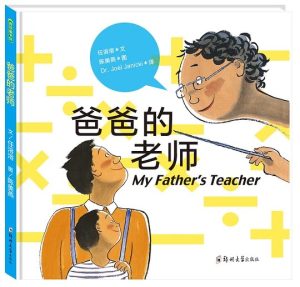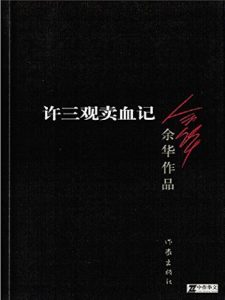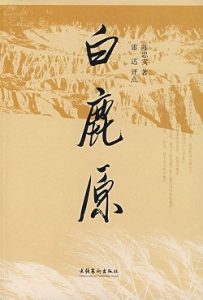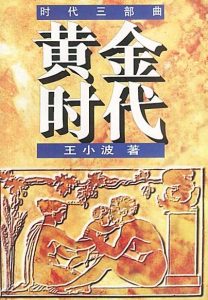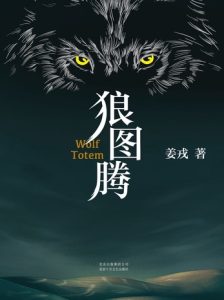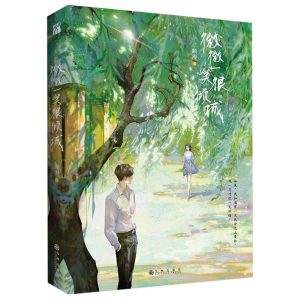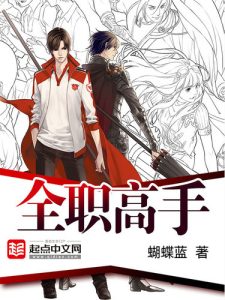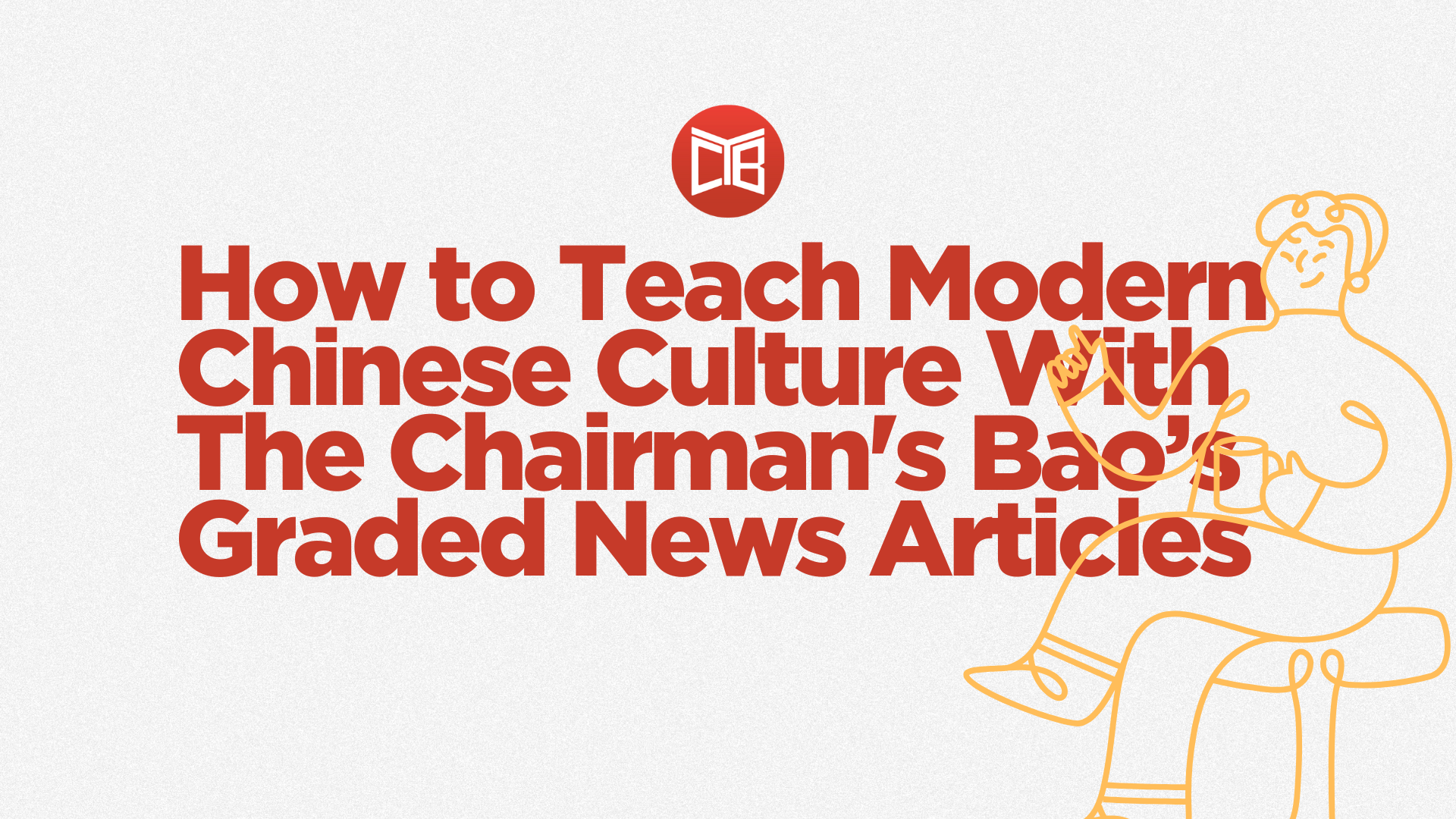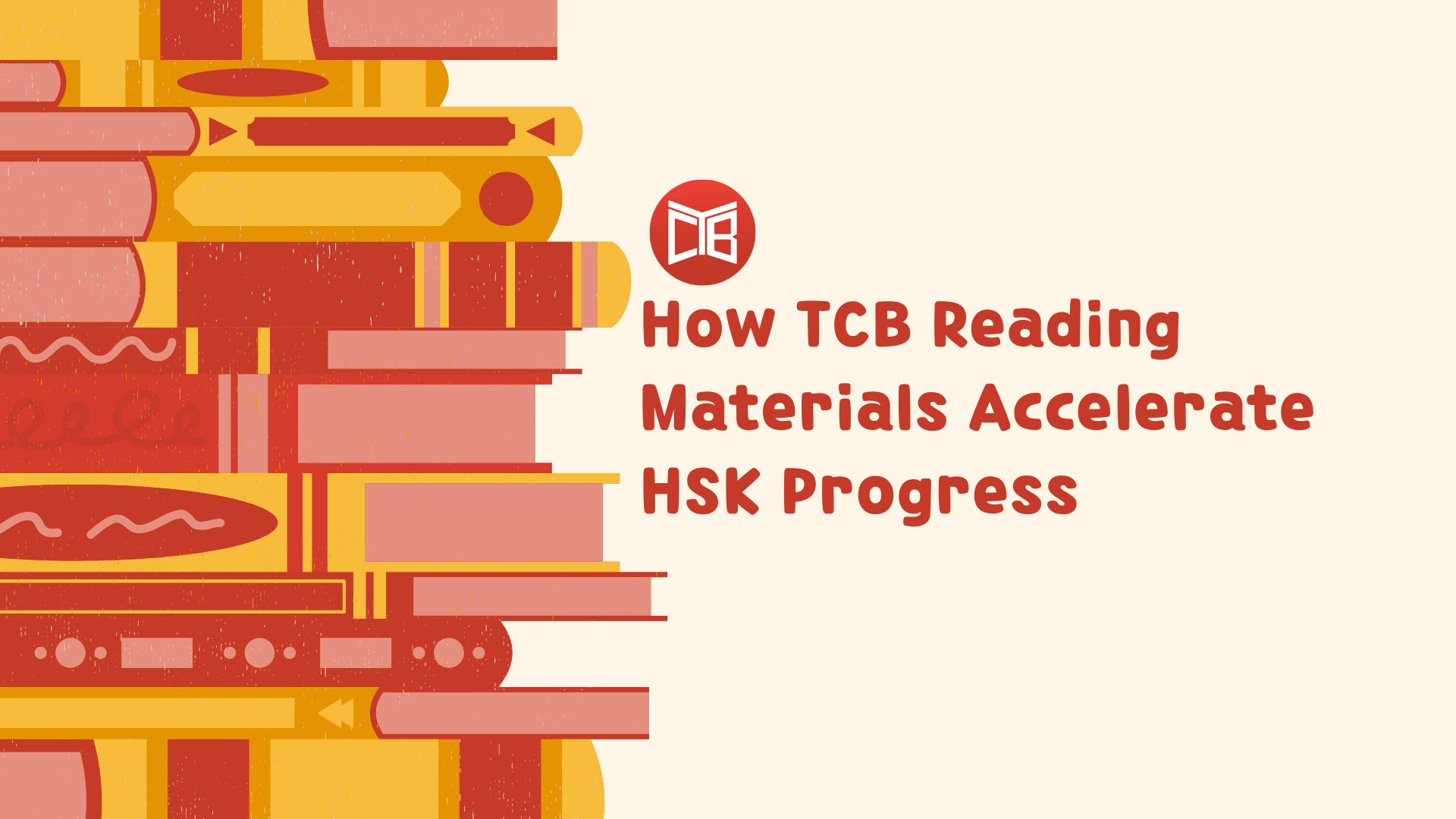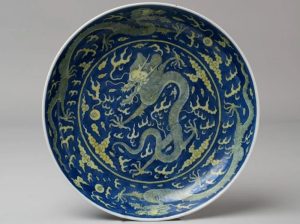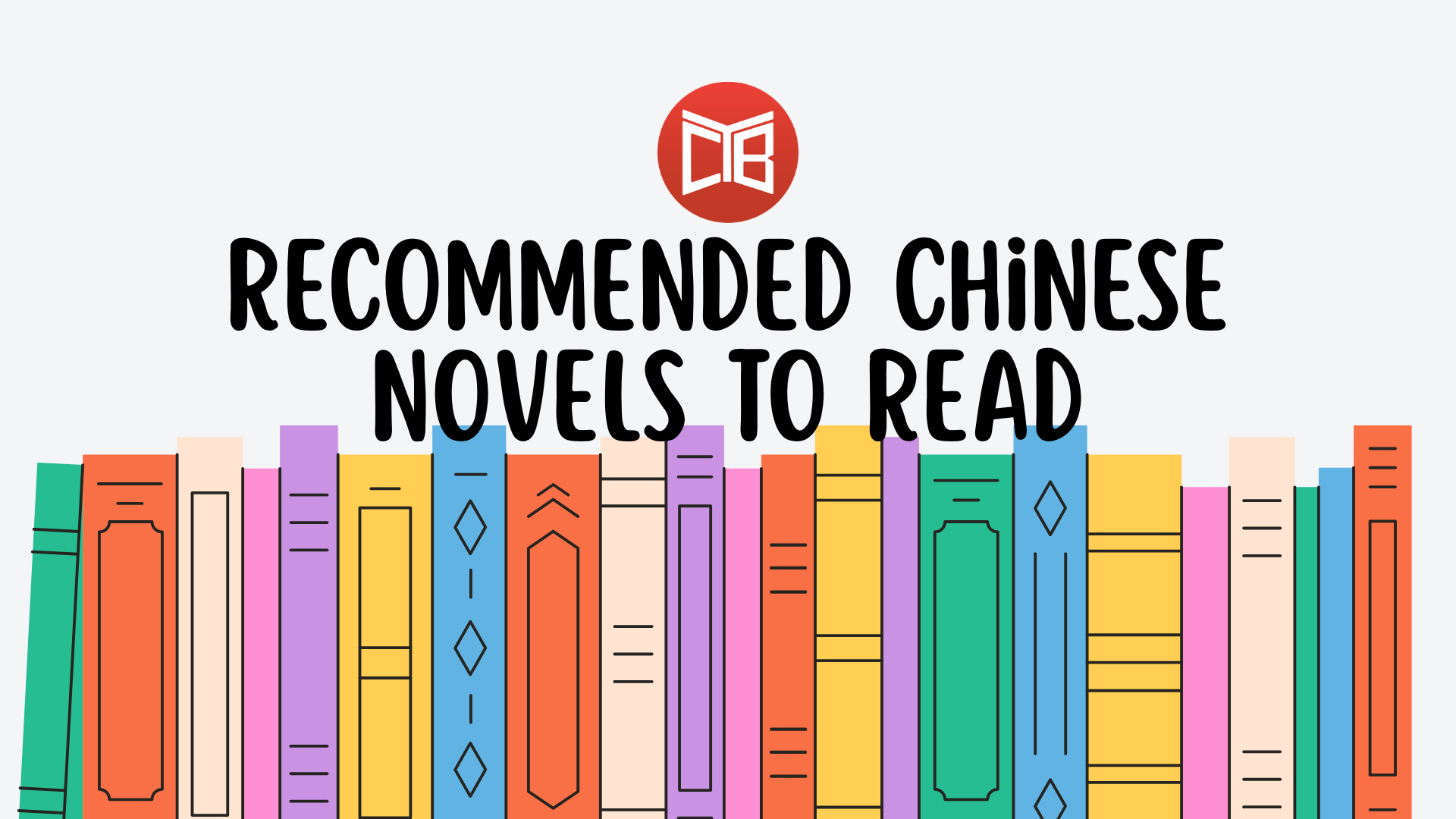
If you’ve been studying Mandarin for a while, you probably know the routine: flashcards, grammar drills, vocabulary lists. They work, but let’s be honest, they can get a little dry. That’s why many learners eventually turn to novels. A good story can pull you in so deeply that you forget you’re “studying.”
Stories pull you in, hold your attention, and expose you to Mandarin the way it’s actually used by native speakers.
In this guide, we’ll go through the list of best Chinese novels to read depending on your level, explain how to choose the right one, and share strategies that make reading easier. We’ll also talk about how tools like The Chairman’s Bao (TCB) can prepare you for novels, and what mistakes to avoid as you start.
Whether you’re a beginner, intermediate, or advanced learner, there’s a recommended novel here for you.
Why Read Chinese Novels as a Mandarin Learner?
Textbooks are like gym workouts: controlled, predictable, and systematic. Novels, on the other hand, are like playing a real sport; you don’t just practice moves in isolation, you use them in context. By reading novels, you see grammar come alive and vocabulary repeat naturally. You also start to feel the “rhythm” of Mandarin: the flow of sentences, the humor in dialogue, the emotion in descriptions.
And let’s not forget the cultural side. A novel set in rural China or modern Beijing gives you insights no textbook can. You’ll hear how people actually speak, how they think about family, love, hardship, or ambition. That kind of immersion is what makes reading such a powerful shortcut in language learning.
How to Choose the Right Novel for Your Chinese Level
It’s tempting to dive straight into a classic, but choosing the wrong book can kill your motivation. If you’re a beginner, start small with short novels or novellas with simpler vocabulary. For intermediate learners, go for modern stories with accessible language but a bit more depth. And if you’re advanced, challenge yourself with satire, layered prose, or culturally dense works. The sweet spot is something that stretches you without overwhelming you.
For absolute beginners, instead of diving into a heavy novel right away, start with something light and approachable, like children’s literature or bilingual picture books. These often use playful, rhythmic language and include illustrations that help with context. They let you ease into reading without constantly reaching for a dictionary, while still giving you a taste of authentic Chinese phrasing and storytelling.
Intermediate learners benefit most from novels that use simple but expressive language. Stories about ordinary people’s lives, such as family dramas or social commentaries, are great because they use everyday vocabulary while still carrying emotional weight. Historical sagas are also rewarding, as they mix cultural details with memorable characters. At this stage, novels strike the perfect balance between improving your language and keeping you hooked with meaningful stories.
Advanced readers should look for books that stretch their understanding of language and culture, such as novels that experiment with satire, philosophy, or symbolism. Works that explore deeper political and historical themes can be challenging, but they also offer some of the richest rewards. These books often contain layers of meaning and wordplay that give you the chance to appreciate Mandarin on a more literary level.
Recommended Chinese Novels to Read for Mandarin Learners
Beginner-Friendly Reads
《爸爸的老师》 (My Father’s Teacher) by 任溶溶, illustrated by 陈美燕
This isn’t a heavy novel, it’s actually a bilingual picture book written in humorous children’s poetry. The story follows a mathematician father who takes his child to visit his first-grade teacher. Through playful verses and charming illustrations, the book conveys the values of humility, gratitude, and respect for teachers. For Mandarin learners, the bilingual format (Chinese-English) makes it far less intimidating while still giving authentic exposure to poetic Chinese. It’s a wonderful “first step” book for anyone who wants to start reading in Mandarin without getting lost.
Intermediate Novels
《许三观卖血记》 (Chronicle of a Blood Merchant) by 余华
Yu Hua has a gift for telling heavy stories with light, simple language. This novel is about the story of a silk factory worker, Xu Sanguan, who sells his blood over the years, in most cases in an attempt to improve the lives of himself and his family members, and overcome family difficulties.
If you’re ready to tackle a full-length novel without feeling lost, this one is perfect for you.
《白鹿原》 (White Deer Plain) by 陈忠实
White Deer Plain is a Chinese historical epic by Chen Zhongshi that chronicles the dramatic and often tumultuous changes in the Guanzhong Plain of Shaanxi Province during the early to mid-20th century. The story centers on a fierce, multi-generational feud for land and power between two prominent families, the Bai and Lu, whose struggles serve as a microcosm of the profound social, political, and historical transformations experienced by China during that turbulent era
It’s definitely a step up in difficulty, but the cultural richness makes it worth the effort. You’ll come across idioms and dialect expressions that broaden your Mandarin in unexpected ways. If you want to feel the heartbeat of rural China, this is the book.
Advanced Novels
《黄金时代》 (The Golden Age) by 王小波
Wang Xiaobo’s Golden Age follows Wang Er, a young ox herder whose scandalous affair with Chen Qingyang sparks rumors and official condemnation. Instead of confessing, he pens an irreverent literary tract that blends humor, sexuality, and biting social critique. As he later becomes a lecturer in 1980s China, Wang Er reflects on the absurdities of bureaucracy, the scars of the Cultural Revolution, and the contradictions of modern life. Through satire and sexual metaphor, Wang Xiaobo delivers both a hilarious and profound critique of state control and human frailty, cementing the novel as a landmark of modern Chinese literature.
The Golden Age is filled with satire and wit, which makes it both challenging and rewarding. His writing plays with words and ideas, so you’ll need a strong vocabulary to keep up. But once you get into it, you’ll find yourself laughing and nodding along at the same time. This is Mandarin at its cleverest.
《狼图腾》 (Wolf Totem) by 姜戎
This novel takes you straight to the Mongolian grasslands. Wolf Totem is a 2004 Chinese semi-autobiographical novel about the experiences of a young student from Beijing who finds himself sent to the countryside of Inner Mongolia in 1967, at the height of China’s Cultural Revolution.
The descriptions of nature are breathtaking, and the themes are powerful. The vocabulary can be tough, but if you stick with it, you’ll come away with not just stronger Chinese but also a new appreciation for a different side of Chinese culture.
Contemporary Chinese Web Novels to Read
《微微一笑很倾城》 (Love O2O) by 顾漫
The novel Love O2O (also known as A Smile is All It Takes) is a romance story about two computer science university students, the brilliant and handsome Xiao Nai, and the beautiful and skilled online gamer Bei Weiwei. Their relationship begins in the online game A Chinese Ghost Story, where Xiao Nai proposes to Weiwei after her former virtual husband divorces her. The story follows their journey from their online connection to their real-life romance, focusing on a sweet, conflict-free relationship where their high intelligence and good nature allow them to easily overcome misunderstandings.
It’s lighthearted, sweet, and very modern. This campus romance feels like watching a Chinese drama in text form. The dialogue is full of everyday slang, so you’ll sound more natural if you pick up phrases from here. It’s fun, fast, and addictive, which is perfect palate cleanser after heavier classics.
《全职高手》 (The King’s Avatar) by 蝴蝶蓝
In The King’s Avatar, Ye Xiu, once a legendary pro-player in the online game Glory, is forced out of his team and takes a job managing an internet café. When a new server opens, he makes a comeback armed with a decade of experience and an unfinished weapon, setting out once more on his journey to reclaim the championship.
If you’re into gaming or eSports, this one’s a must. It’s action-packed, slangy, and steeped in internet culture. The language is modern and conversational, which makes it great for learners who want to practice contemporary Mandarin. It’s also serialized online, so once you start, you’ll have endless material to read.
Strategies to Make Reading Chinese Novels Easier
Don’t try to understand every word, as that’s the fastest way to burn out. Instead, skim chapters first, highlight repeated words, and make your own vocabulary lists. Save useful sentences (known as “sentence mining”) to review later. Reading aloud is also powerful, and it forces your brain to slow down and helps your memory. Most importantly, balance “deep” reading (where you look up details) with “fast” reading (where you just enjoy the story). Both are necessary.
How The Chairman’s Bao (TCB) Can Help With Reading Chinese Novels
If jumping into a full-length novel feels daunting, The Chairman’s Bao provides a bridge. Our graded news articles mirror the skills needed for novel reading, such as building vocabulary, strengthening grammar awareness, and developing reading stamina. Learners can move from TCB articles to short stories, then to easier novels, and finally to more complex works.
Mistakes to Avoid
The biggest mistake is biting off more than you can chew, such as picking a dense classic before you’re ready. Another is stopping to translate every word, which kills the joy of reading. And finally, don’t ignore repetition: if a word pops up again and again, that’s your cue to learn it. Repetition is the secret to fluency.
How Long It Takes to Finish Your First Novel
That depends on where you are in your learning journey and your patience. Beginners usually take two to four months. Intermediate learners can finish a novel in one to two months, while advanced readers can move faster. The key is not speed but consistency. Even ten minutes a day adds up, and before you know it, you’ll have finished your first Chinese novel. Even short, daily reading sessions add up surprisingly fast.
Conclusion: Just Start
The first step of opening a book and reading that first page is the hardest. But once you do, you’ll realize it’s not about perfection, it’s about progress. Every chapter you finish, every phrase you understand, brings you closer to fluency. So pick one of these novels, dive in this week, and let the story carry you forward. Remember, reading Mandarin isn’t a sprint, it’s a journey. And with each page, you’re already on your way.
FAQ: Recommended Chinese Novels to Read for Mandarin Learners
Q1: Why should I read Chinese novels as a Mandarin learner instead of just using textbooks?
Reading novels exposes you to Mandarin the way it’s actually spoken. Unlike textbooks, which are controlled and structured, novels give you grammar in context, natural vocabulary repetition, and cultural immersion. You’ll not only strengthen your reading but also pick up rhythm, humor, and emotional expression in Mandarin.
Q2: Are modern or web novels helpful for learners too?
Definitely. Modern web novels and romances are written in the casual, slang-filled style that real people use online and in conversation. They’re fun, addictive, and full of up-to-date cultural references, which makes them especially useful for learners who want to sound more natural in daily Mandarin. Plus, because many web novels are serialized, you’ll never run out of content once you get hooked.
Q3: How do I keep from feeling overwhelmed when reading?
The trick is not to obsess over every single word. Instead, read for the overall story and only look up words that keep appearing. Over time, those repeated words will naturally become part of your vocabulary. Reading aloud also helps cement phrases in your memory, while alternating between slow, careful reading and fast, relaxed reading keeps things balanced. This way, you’re learning without burning out.
Author Bio:
Wey Chynn is a native Chinese speaker from Malaysia with a deep-rooted passion for language and culture. With five years of experience as a Chinese-to-English translator, she specializes in delivering accurate and natural translations that preserve the essence of the original text. Growing up in a multilingual environment, she developed a keen understanding of linguistic nuances, enabling seamless and culturally sensitive translations.


